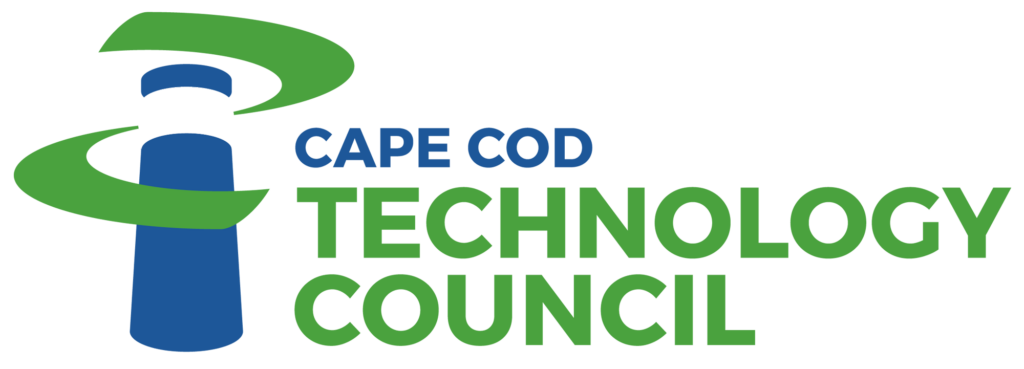 Two years ago, Luke Hinkle talked to the Tech Council about a new project his company, My Generation Energy, was working on – a Community Solar Garden. Now, with proof of concept under their belts, they are looking forward to doing more like it.
Two years ago, Luke Hinkle talked to the Tech Council about a new project his company, My Generation Energy, was working on – a Community Solar Garden. Now, with proof of concept under their belts, they are looking forward to doing more like it.
Eventually.
“From the outside it’s all people holding hands, planting flowers and putting solar panels up,” Luke said of the process. “But it’s ugly on the inside sometimes – like any business. There are real challenges.”
Handling those challenges is what My Generation Energy does. When Luke first started talking about solar with friends who were in the trade, he found they were not interested because of the extra work and complication it involved. My Generation Energy fills that knowledge gap, making it easy for customers and people in the trade (the people qualified to do the work) to install solar.
Permitting was navigated, financing was organized and projects were launched. Now, five years after talking to his wife about how “it would be interesting to get into solar,” Luke and My Generation has installed more solar on Cape Cod than any other company.
Still, there’s a lot about renewable energy that is simply not understood, and utility is struggling to keep up with all the change. Luke says he doesn’t encounter pushback, but it is new and not well understood. He encounters a lot of “that’s not the way we’ve done it” mentality.
But then, doing things the way they haven’t been done is what his businesses are all about.
In addition to My Generation Energy, Luke is a managing partner in Unutility, which sets up LLCs with investors to purchase and loan projects. The Family Pantry of Cape Cod in Harwich, for instance, has 364 panels on their roof. Since the Family Pantry is a non-profit, the panels are owned by an LLC, which leases the roof. There are about 20 partners in LLCs that have financed and own systems.
“One of our most recent Unutility projects was Friends Academy in Dartmouth, a k-8 private school,” Luke said. “They had all the kids come out to our ribbon cutting ceremony. Those kids knew more about sustainability and renewable energy and how to have a future world worth living in than the adults. It wasn’t something they felt they learned, it was something they felt they knew. This was how life was going to be for them. We who are over 20 years old just don’t get it, compared with the way they’re growing up.”
When Luke first moved to Cape Cod, he taught physics and math at Falmouth High School, where he met Michael Stone. After Michael graduated college, he and Luke became reacquainted and started another business, Suntility. Suntility provides ongoing operations, maintenance and management services for solar and wind installations, providing system owners optimization of their renewable energy performance and making sure utility companies are giving these projects full value.
“It shouldn’t be a business, to check on utilities, but we’ve found that it is,” Luke said.
For instance, there was a solar project in Bolton, MA, whose energy credits were to be delivered to three towns in Massachusetts. “In examining their utility bills, we found $20,000 in billing mistakes. $8,000 were in the utility’s favor, so I don’t think they’re intentionally trying to do anything wrong. In the first few years of this relatively new process, someone’s got to keep an eye on it. That’s Suntility’s mission.”
The Tech Council has invited Luke to speak at the July First Friday, where he will likely talk about the need to modernize the grid so we can install more solar. “Massachusetts is behind the curve on modernizing the grid,” Luke said. “We’re supposed to be the ones leading technology in the country, not the state lagging behind states like Texas, Oklahoma and Alabama. Those states are ahead of us.”
“Our electric grid is not very smart right now. A smarter grid will allow more renewable energy to be added over the next generation. So a smart grid is a Green Grid.”
In the meantime, Luke has shared a petition telling the Massachusetts Department of Public Utilities and the utilities themselves, that the Green Grid is important for the future. The petition is at change.org.
